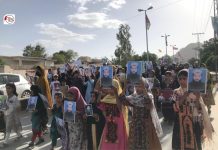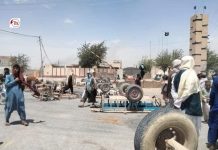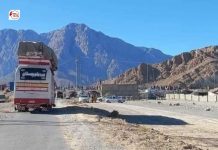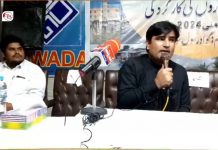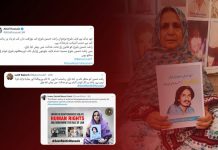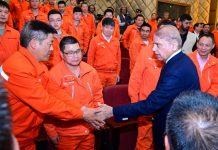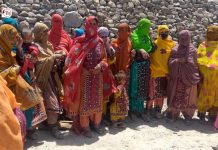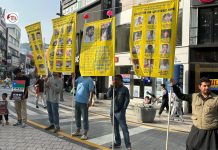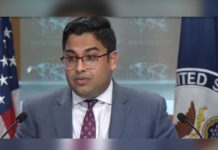Ahead of the general elections in Pakistan on July 25, the military has been accused of assaulting the freedom of the press, thereby threatening people’s chances for “free and fair” elections in the country.
In an opinion piece for The Washington Post, Hameed Haroon, chief executive of the Dawn Media Group and president of the All Pakistan Newspapers Society, has scrutinised the growing involvement of the Pakistan military in politics. He stated that the “transition to a new government is likely to be a hazardous one.”
The reason, Haroon said, “An unprecedented assault by the Pakistani military on the freedom of the press, which is threatening our chances for free and fair elections.”
The veteran journalist later recalled how the freedom of the press “existed in a delicate state of balance” in Pakistan.
Haroon further said that the current campaign of the Pakistan military against the media “involves many elements of overt coercion, including severe disruptions of the distribution network of independent newspapers and the blocking of broadcasts of dissenting television news channels”.
Haroon said that the military is currently following a “decapitation strategy” to remake the political landscape across the border by depicting the leaders of certain political parties as “corrupt or hostile to national security”.
The result of this he said is the “destruction of the careers of several prominent members of the civilian political leadership – largely, though not exclusively, confined to the Pakistan Muslim League, the ruling party”.
He added that the situation of media in Pakistan is such that “newspaper columnists have begun to complain that editors are dropping their articles, and several have resorted to publicizing their rejected commentaries through popular social media platforms”.
All this is “quasi-military censorship that is astonishingly aggressive in using both threats and coercion,” Haroon said.
For Pakistan to move ahead as a “meaningful democracy,” Haroon said that the country’s security establishment will have to “review its policy of restricting media freedom”.
“The caretakers must adopt impeccable conduct, and the military leadership would be well advised to adopt a strategy of restraint. Otherwise, the prospects for democracy in Pakistan appear to be decidedly bleak,” he concluded.











